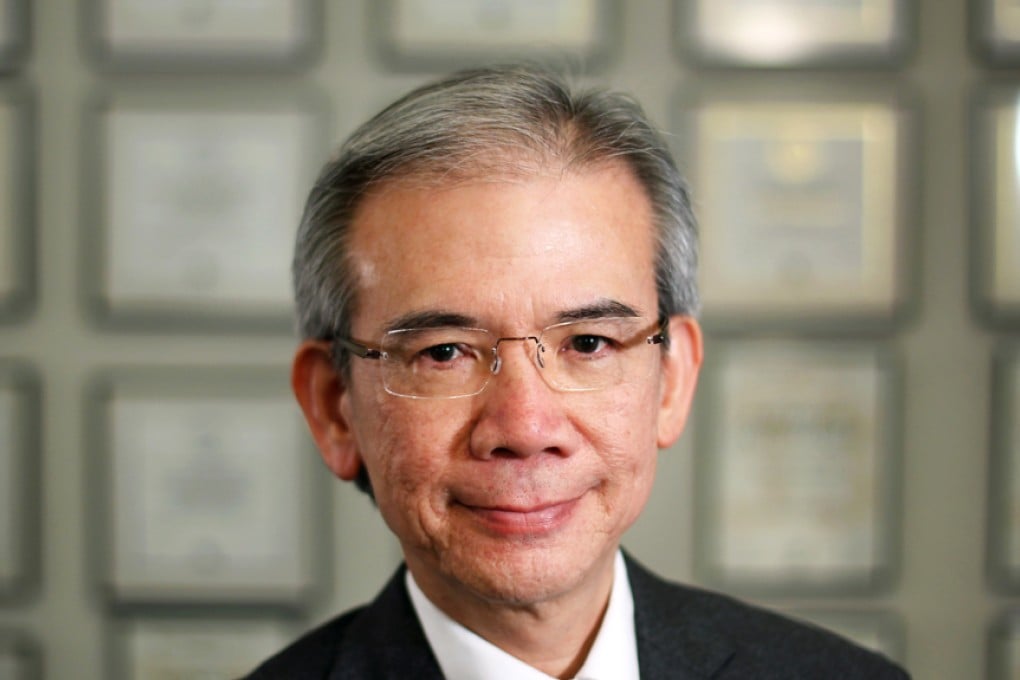Exco convener expects pro-establishment field in Hong Kong chief executive poll
Lam Woon-kwong says he expects pro-establishment trio to fight out 2017 chief executive election

Executive Council convenor Lam Woon-kwong says he expects the race for the 2017 chief executive poll to come down to three pro-establishment hopefuls, contradicting government assurances that pan-democrats have a real chance of fielding a candidate.
Lam's comments mark the first time a government-affiliated figure has indicated the nominating committee for the election will vote out aspirants from the pan-democratic camp.
He was speaking on DBC radio yesterday about the government's electoral reform package, which will go to a legislative vote this summer.
"I think, if it's passed, the pro-establishment camp will perhaps have three people standing as candidates," Lam said.
"There's no reason [they] will waste any seat, right? There must be a lot of people who are interested [in becoming candidates]."
But Lam also believed that any pan-democratic hopeful who enjoyed overwhelming popularity would put huge pressure on the 1,200-strong nominating committee to send him or her on to a public vote.
If the committee still voted out that person, it would give pan-democrats ammunition for their argument that the system was rigged to nominate only Beijing-friendly candidates, he said.
